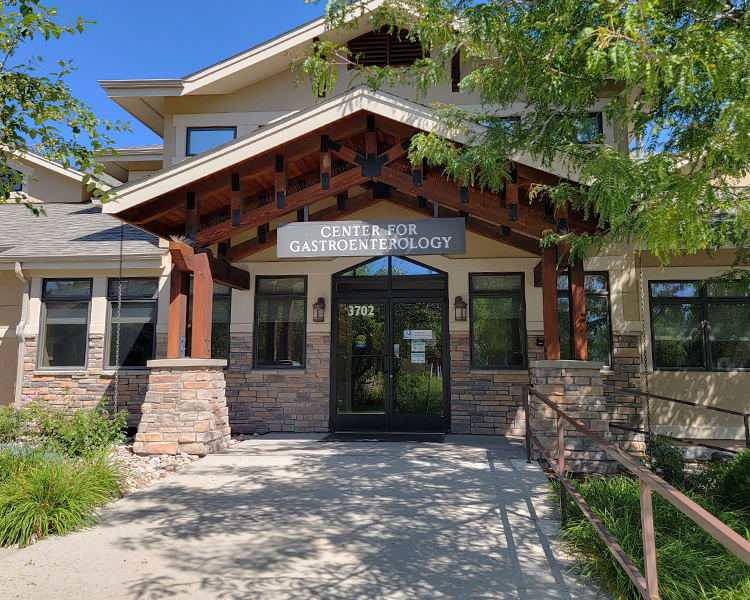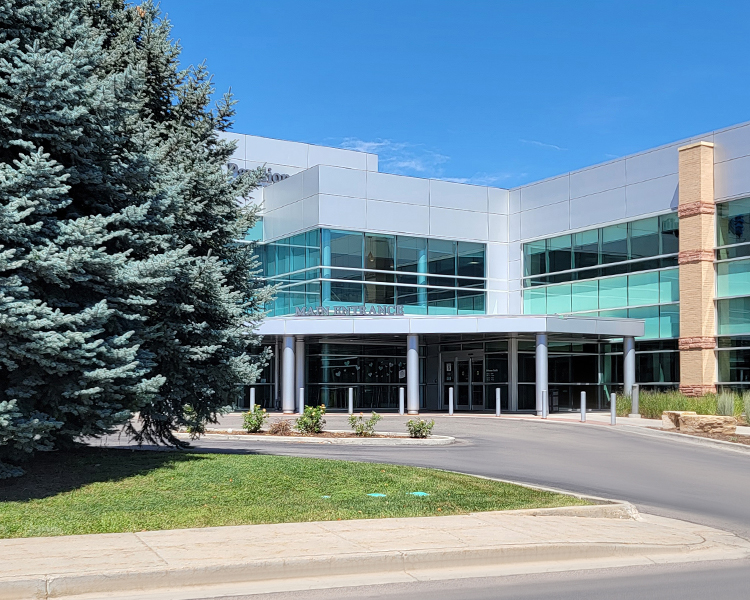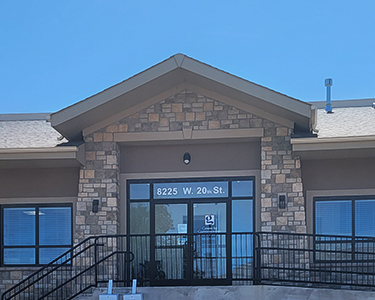By the time a person reaches age 45, they should begin undergoing testing for colorectal cancer. This is the third-most diagnosed type of cancer in the country and also one of the most preventable. Unfortunately, by the time a person experiences symptoms of colorectal cancer, it is already in advanced stages, which stresses the importance of getting screened. When caught early, there is at least a 90% survival rate.
There are two ways to test for colorectal cancer: colonoscopy or Cologuard. The former is performed by a gastroenterologist in a medical facility while the other is done at home using a stool sample. If you are 45 or older and are not sure which option is better for you, it is worth comparing the two.
What Is a Colonoscopy?
A colonoscopy is the main way to undergo colorectal cancer testing– it is considered a tier-one screening test that can detect and prevent colorectal cancer. Before the test, the person must only consume clear, liquid foods and drinks such as chicken or vegetable stock, lemonade, ginger ale, lemon ice, and water. Usually, about a day before the procedure, patients have to drink a special mixture of laxatives and water every hour so that they fully clear their bowels. This ensures their bowels are prepared for the test the next day.
When it comes time to have your colonoscopy, you are put under anesthesia. The gastroenterologist then begins the procedure by inserting a colonoscope into the rectum to inspect the colon. The device has a tiny camera and a light to detect the presence of polyps. If polyps are found, the doctor removes them and sends them for a lab analysis.
What Is Cologuard?
Cologuard is a type of stool sample test you can take at home. It is designed to detect unusual DNA or blood in a stool sample. If it is determined that any of these changes have occurred in a sample, it may indicate the potential presence of polyps. When polyps are present in the colon, it often signifies a risk for cancer. Some polyps may already be cancerous.
Once polyps are apparent, medical intervention is necessary to ensure they do not lead to more serious issues or develop into cancer. For this reason, most doctors recommend patients take the route of a colonoscopy since the detection of polyps always requires further attention.\
How Do Colonoscopy and Cologuard Compare?
One of the biggest differences between colonoscopy and Cologuard is that the former can detect the potential for cancer earlier and prevent it from developing. Cologuard can only detect the presence of cancer.
A colonoscopy is a screening test that is far more sensitive. It is effective at detecting both precancerous and cancerous polyps. By contrast, Cologuard has a 42% chance of missing precancerous polyps and an 8% chance of missing cancerous polyps. It is also known for presenting false positive test results. With a 13% chance of this happening, it equates to one in 10 Cologuard tests giving false positive results.
Although Cologuard is considered a convenient and less invasive way of testing for colon cancer, if a person tests positive, they still have to undergo a traditional colonoscopy. Cologuard may save you a bit of money upfront, but a colonoscopy procedure is the only way to remove polyps.
When polyps are not detected in a colonoscopy, it is not necessary to undergo another test for 10 years. If the person has an advanced level of risk, the doctor may want them to have another colonoscopy after five years. With Cologuard, testing must be done every three years.
Individuals with a higher risk of colorectal cancer or who have certain gastrointestinal issues are not ideal candidates for Cologuard– instead, they are better suited to having a traditional colonoscopy for better assurance.
Where to Have Your Colonoscopy
If you are in the Fort Collins, Loveland, Greeley, and Steamboat Spring, Colorado areas and need a colonoscopy or have any gastroenterology concerns, contact the Centers for Gastroenterology at your earliest convenience. Our staff is highly qualified and dedicated to providing quality care every time. With an extensive and successful history, we are wholly focused on improving our community’s digestive health and quality of life. To ensure your health and colon’s longevity, fill out our online form or call our office to schedule a consultation.






